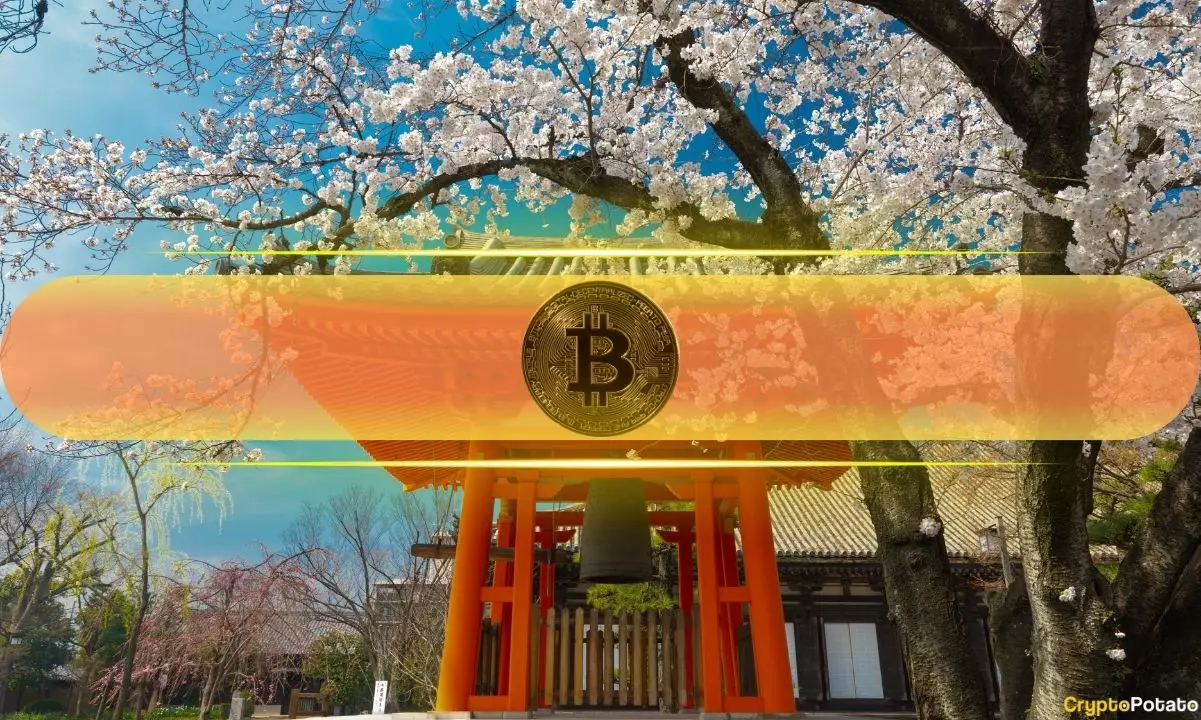In recent years, Bitcoin has transcended the realm of digital currencies to emerge as a pivotal asset within geopolitical discussions. As various countries seek to establish national reserves of Bitcoin, the implications for financial sovereignty are profound. This scenario paints a picture of a global battleground where nations are competing to exert control over a potentially transformative financial resource. Countries such as the United States and Russia are increasingly recognizing the strategic value of Bitcoin, while others, notably Japan, remain perched on the sidelines, weighing the risks against potential benefits.
Japan’s Cautious Approach Toward Bitcoin Adoption
Despite the growing global interest in Bitcoin, Japan is demonstrating apprehension toward incorporating this cryptocurrency into its national reserves. Reports indicate that the Japanese government has taken a firm stance against the integration of crypto assets due to persistent concerns over security, liquidity, and price volatility. In an official statement from December 20, the government articulated that Bitcoin does not align with the legal definitions that govern foreign exchange reserves. This clarity highlights Japan’s efforts to maintain stability within its financial systems, particularly when it comes to managing investments in volatile assets.
Prime Minister Shigeru Ishiba elaborated on the challenges Japan faces in gauging the strategic moves of other nations, particularly the United States, as they explore Bitcoin reserves. Reflecting on the early stages of discussions surrounding Bitcoin in various countries, Ishiba indicated a reluctance to rush into decisions without comprehensive information. This cautious attitude underscores Japan’s historical inclination toward regulatory scrutiny in financial innovation, perhaps stemming from its experiences with prior financial crises.
The Divergence of Global Perspectives
Unlike Japan, the United States has taken strides toward assimilating Bitcoin into its national framework, with significant reserves already in place. As of now, the U.S. government’s Bitcoin reserves exceed 207,000 BTC, acquired mainly through the seizure of illicit assets. This presents a stark contrast to Japan’s hesitancy and mirrors a broader trend where nations handle Bitcoin with increasingly diverse strategies. For instance, lawmakers in Russia have advocated for the establishment of a strategic Bitcoin reserve, leveraging the currency as a hedge against traditional financial volatility and sanctions.
The schisms in national strategies toward Bitcoin reveal deeper narratives about financial philosophy and risk tolerance. Countries displaying proactive approaches may seek to cultivate a more resilient economic environment, capable of withstanding fluctuations in global markets. Meanwhile, Japan’s reticence reflects a more conservative strategy centered on safeguarding its existing financial systems, a viewpoint grounded in caution and risk management.
As the discourse surrounding Bitcoin evolves, it is clear that the cryptocurrency is not merely a technological innovation but a catalyst for significant geopolitical shifts. The divergent paths taken by nations like Japan and the United States highlight the complexities that accompany adopting digital assets as part of financial sovereignty strategies. While Japan remains vigilant and cautious, the moves made by other countries serve as a reminder that the landscape of global finance is undergoing a transformative shift, one that could redefine economic power structures in the years to come.

